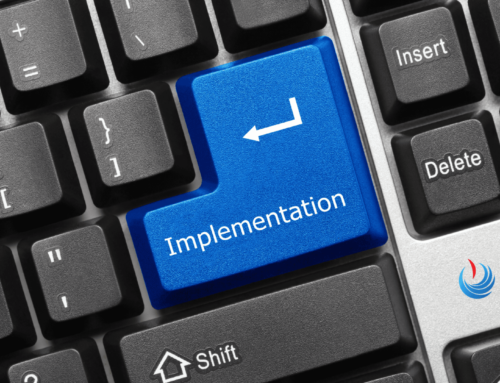Paper-based patient data and appointment schedules are a thing of the past. The evolution of software technology has altered how patient record systems and medical management programs handle their billing, scheduling, and clinical records. Electronic Health Records (EHR Software) continue to be accepted by both medical professionals and paraprofessionals due to the many benefits that medical records software provides to both service providers and patients.
One of the most recent groups to approve widespread use of electronic health records is behavioral health practitioners. Many medical centers use such systems with support for mental health software and other capabilities to keep patient records.
What is an EHR?
Electronic Health Records, or EHR Software, are designed to digitize a patient’s medical records. They are up-to-date patient records that authorized individuals can access promptly and digitally. They comprise medical history, prescriptions, allergies, radiographic pictures, treatment plans, and test results for a patient. In addition to the foregoing, they provide medical workers with the information they need to make treatment decisions for patients.
The following are the main benefits of using EHR software:
- It is now easier to share information among all relevant services- Instant sharing of vital information regarding patient diagnoses and treatment plans made possible by electronic health records has greatly improved service delivery and efficiency.
- Improved medication administration: Prescription drug use must be closely monitored by behavioral health professionals. Providers can track prescriptions in real time using an EHR system from a medical software vendor, preventing patients from duplicate prescribing and lowering the possibility of prescription errors.
- EHR software provides exceptional record security. Unlike paper-based data, electronic health records are protected with advanced digital security to prevent loss or destruction due to fire or other natural disasters.
- Accessible from anywhere – Because behavioral health professionals frequently have to deal with life-threatening emergencies like suicide threats, the ability to instantly access patient records through the use of EHRs has aided in the improvement of crisis response services among mental health professionals.
- Improved billing- By employing practice-specific, customizable medical records software, mental health practitioners and clinics can lessen the expensive delays and mistakes associated with traditional billing.
- Improved Patient Care: Quick access to patient records made possible by EHR allows for more efficient patient care. They help with treatment effectiveness while also enhancing the practice’s operational efficiency.
- Improved Patient Information Accuracy: Although electronic files were first developed to replace paper medical records so that it would be simpler to store and access patient information, they also offer a number of other advantages. One benefit of electronic record storage is the absence of the threat of sensitive data being stolen, lost, damaged, or altered. Digital records can also be corrected for inaccuracies and mistakes caused by illegible handwriting.
Key Takeaways:
- Electronic health records improve provider communication, allowing for better service delivery to patients.
- Medical record software reduces practice administrative costs and billing problems.
- The multidisciplinary field of mental health is well suited for medical records software, which allows professionals and paraprofessionals to collaborate to deliver a comprehensive, responsive care plan for each patient regardless of location or practice site.
EHR are efficient organizational tools that increase patient data accuracy.
- Access to patient information is made easier.
- Reduces the chances of sensitive data being seized
- Eliminate handwriting errors
- Access to and updating of patient data in real time
- Treatment progression
As electronic health records become more generally adopted as the preferred record management system among behavioral health professionals, patient care and clinical outcomes will continue to improve in both privately managed and state-run mental health facilities. Medical billing software for mental health relevant to medical record management is now being used by an increasing number of medical sectors.
Written by Marina Malobabic for www.MedEZ.com








Leave A Comment
You must be logged in to post a comment.